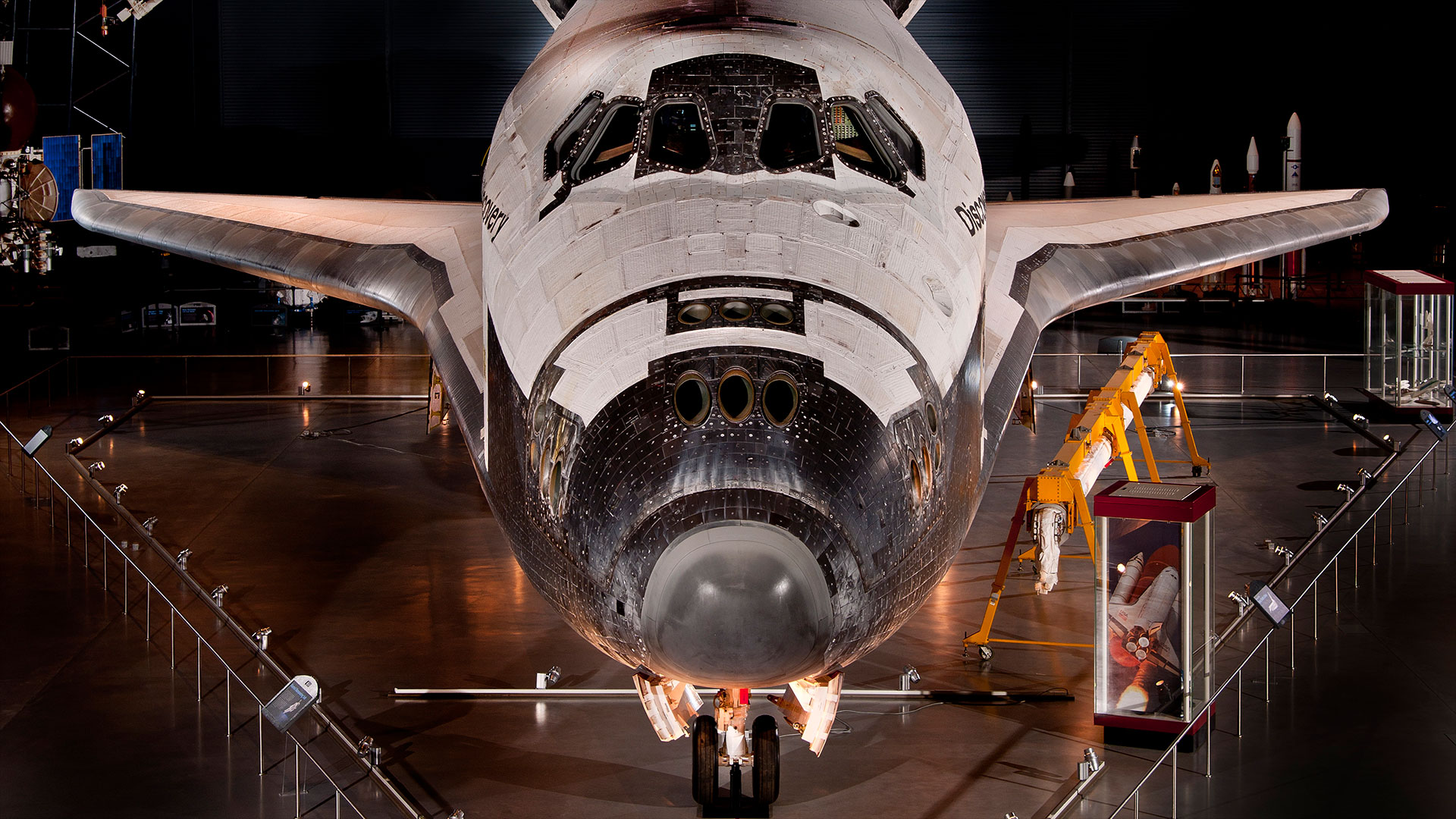Space food: Why Mars astronauts won't have to hold the fries (video)
Frying works in microgravity, a recent study shows.
Astronauts heading to the moon and Mars in the relatively near future will be pleased to learn that there's one type of comfort food they can take with them — french fries.
Experiments conducted by the European Space Agency (ESA) have revealed that frying works even in the microgravity experienced in space. The research could help determine what cooking processes and food will be available to astronauts as they explore alien worlds.
Though frying is a common cooking technique across the globe, it actually involves some pretty complex physics.
Related: Food in space: What do astronauts eat?

"Ask any chef, and they will confirm that the physics and chemistry behind food is a complex and fascinating subject that bubbles over to other science disciplines," research team member Thodoris Karapantsios, a professor at Aristotle University of Thessaloniki in Greece, said in a statement.
For example, some scientists had speculated that, without the influence of gravity, or in very weak gravity, the bubbles created during the frying process could coat potatoes, protecting them with a layer of steam that prevented the proper preparation of french fries.
Karapantsios and colleagues put microgravity frying to the test, using a novel experimental carousel-type apparatus that was designed to be safe while also operating in weightlessness. This equipment prevented oil from splashing and maintained a constant pressure, reducing the temperature at which the test potatoes had to be cooked.
Get the Space.com Newsletter
Breaking space news, the latest updates on rocket launches, skywatching events and more!
The experiments were conducted during two ESA parabolic flight campaigns, in which an aircraft flies in repeated arcs to create brief periods of weightlessness.
During the tests, the frying process was filmed with a high-speed, high-resolution camera that allowed the scientists to study the rate at which bubbles grew, their size and distribution and the direction they took in the oil. The team was also able to determine how quickly the bubbles escaped from a potato, a strange form of escape velocity, which is usually encountered in science when calculating how fast a body has to travel to escape a planet or even a black hole. Other than the bubbles of oil, the scientists also monitored the temperatures of both the oil and the interior of the potatoes.
The team discovered that, soon after a test potato was added to oil in low-gravity conditions, bubbles were able to easily detach from its surface rather than coating and protecting it. This is similar to how frying proceeds here on Earth.
"Apart from nutrition and comfort, studying the process of frying in space could also lead to advancements in various fields, from traditional boiling to producing hydrogen from solar energy in microgravity," team member and Aristotle University of Thessaloniki researcher John Lioumbas said in the same statement.
The research is documented in a paper published in February in the journal Food Research International.
Join our Space Forums to keep talking space on the latest missions, night sky and more! And if you have a news tip, correction or comment, let us know at: community@space.com.

Robert Lea is a science journalist in the U.K. whose articles have been published in Physics World, New Scientist, Astronomy Magazine, All About Space, Newsweek and ZME Science. He also writes about science communication for Elsevier and the European Journal of Physics. Rob holds a bachelor of science degree in physics and astronomy from the U.K.’s Open University. Follow him on Twitter @sciencef1rst.
-
Mergatroid That would be deep frying, not frying. Frying is with a pan and a little bit of oil or butter on the bottom. Deep frying is immersing the food in hot oil.Reply
Why would anyone in their right mind want to take a container of boiling oil into a spacecraft? I can just imagine an accident with a huge glob of boiling oil floating around the craft.
Not what I would call smart. -
billslugg Fry oil goes bad in a week or so. Big waste disposal problem. I think an air fryer is a better solution.Reply -
Coinneach Pretty sure you wouldn't want a chip pan fire in space, but imagine the possibility of a deep fried Mars bar ... on Mars.Reply
:) -
Unclear Engineer Air frying does not have the same heat transfer rate as deep fat frying, and creates a smooth skin on the potato surface, instead of the rough texture created by the sudden bursting of water into steam in the pores of the potato near its surface.Reply
While this experiment seems to show that microgravity does not relegate the potato in hot fat to being "air fried" through a blanket of surrounding steam, I still think I would pass on this technique if I were the astronaut. Yes, there is probably no law against flushing used oil into space so that it would not have to be kept in a container until they could find an oil recycling place on Earth willing to take it. But, it does seem like a hazard and a lot of work.
Next idea, please. -
Classical Motion I love fried food. Pan or deep. Air frying is a bust for me. When I was a young man, the navy ship I was on....the turbine oil and the main reduction gear oil was over 25 years old. It was cleaned and recycled on ship. Can that be done with cooking oil? This problem must be studied and solved. For the health and comfort of the astronauts. I'll bet McDonald's could figure something out. Cheeseburgers in space.Reply -
billslugg Oil can be cleaned and reused. Basically you distill it and discard all but a certain temperature range. Gearbox system must be continually topped off. Never any need to drain the system and refill.Reply
My crystal ball does not show deep frying or broiling in space. Hot oil flying around? I don't think they want to take the risk. And yes, huge disposal problem. Microwaving in sealed pouches is probably going to be there for a long while. Cooking of food exposed to the cabin atmosphere is fraught with problems. Thin layer of foil inside a pouch in a microwave can get hot enough to brown meats and veggies. Got to get that Maillard reaction thing going.









